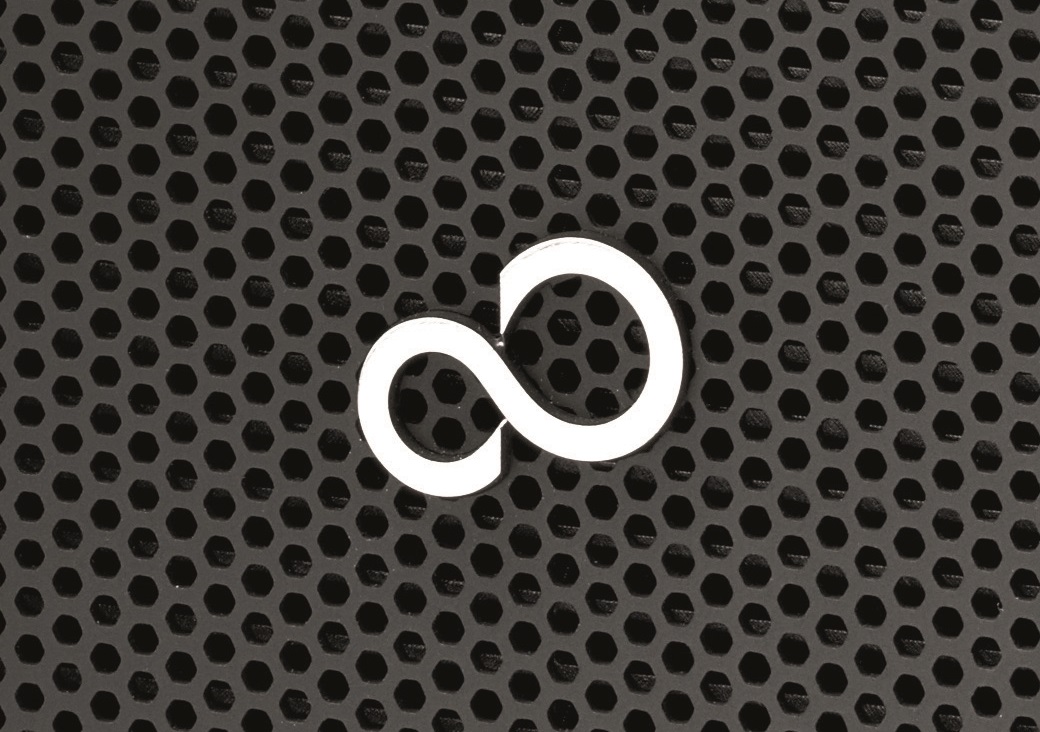

Fujitsu has announced the first ever mobile workstation that scans the unique pattern of the blood veins in the palm of the hand for user authentication.
The new Celsius H730 features proprietary PalmSecure technology, along with a fourth generation Intel Core i7 vPro processor and a second generation NVIDIA Kepler GPU.
Built in a compact form factor with security and high performance in mind, the device is aimed at a wide range of customers from engineers to financial sector professionals. It will go on sale in Europe by Christmas, with prices starting at £1330.
Fujitsu is a pioneer of the palm vein authentication method, with several sensors already on the market. However, the Celsius H730 is the first laptop to feature this innovative, and presumably fairly expensive, contactless biometrics technology.
This idea has been around for a while, but only Fujitsu currently offers contactless vein authentication that captures the image as soon as the user hovers their palm over the device. The company claims an incredibly low false acceptance rate – just 0.00008 percent, and says such authentication is almost impossible to forge, since the data is held inside the body.
Besides the new authentication method, the Celsius H730 features a 15-inch display, one of the latest generation Intel Core i7 vPro chips clocked up to 3.8 GHz, up to 32 GB of memory, a choice of NVIDIA Quadro video cards and either an SSD or a hybrid drive.
The mobile workstation includes three USB 3.0 port, and a spill-resistant keyboard. The storage is protected from drops by something called the ShockSensor, and the modular bay presents an option to install a second hard drive or a second battery.
In terms of connectivity, the Celsius H730 features integrated WLAN, 3G and Bluetooth, with 4G available as an option.
What do you know about biometric technology? Take our quiz!
American space agency prepares for testing of Boeing's Starliner, to ensure it has two space…
As UK and Europe develop closer military ties, European Commission says it will invest €1.3…
Zuckerberg seeks to revive Facebook's original spirit, as Meta launches Facebook Friends tab, so users…
Notable development for Meta, after appeal against 2021 WhatsApp privacy fine is backed by advisor…
First sign of shake-up under new CEO Lip-Bu Tan? Three Intel board members confirm they…
Trump's nominee for SEC Chairman, Paul Atkins, has pledged a “rational, coherent, and principled approach”…